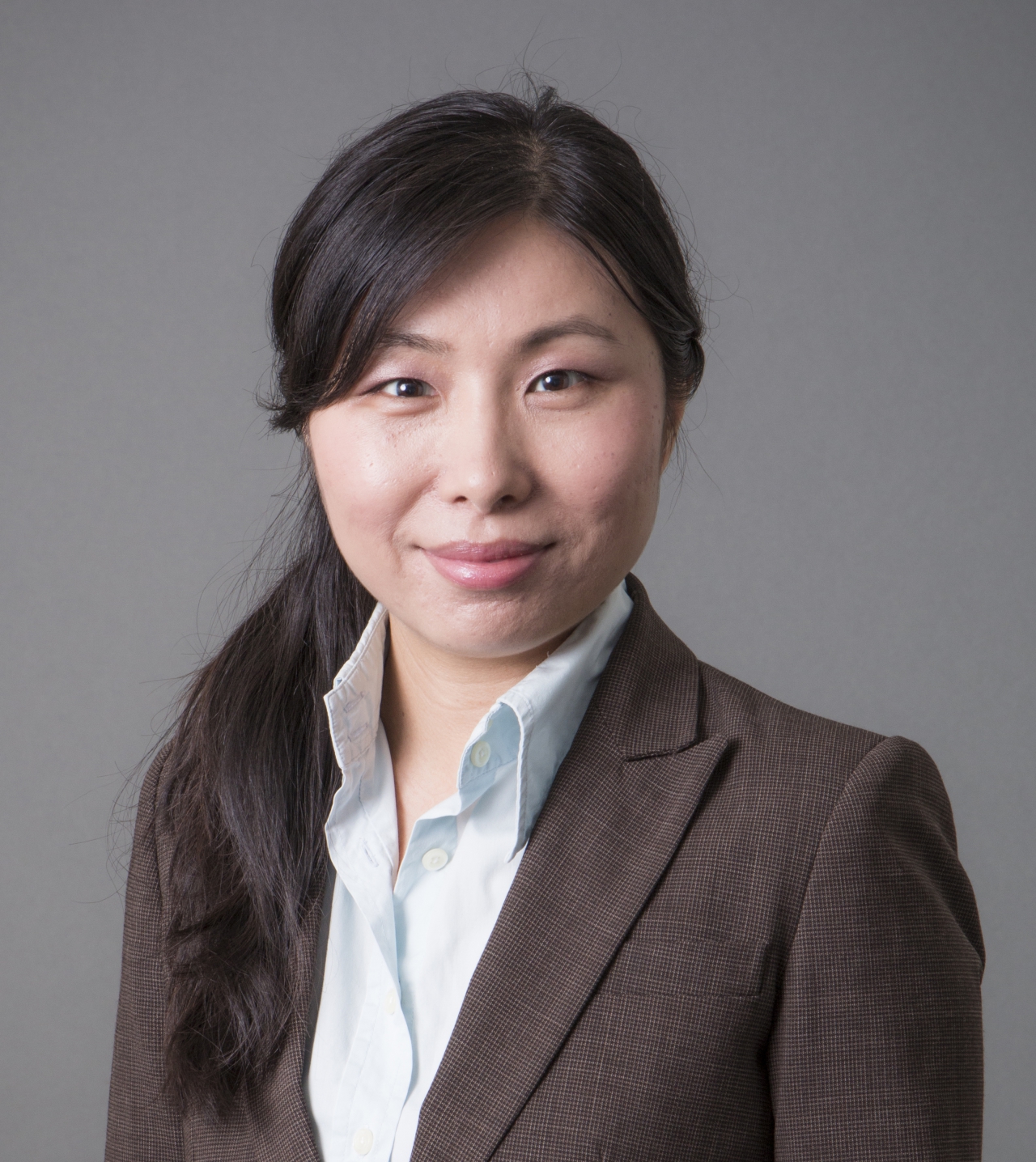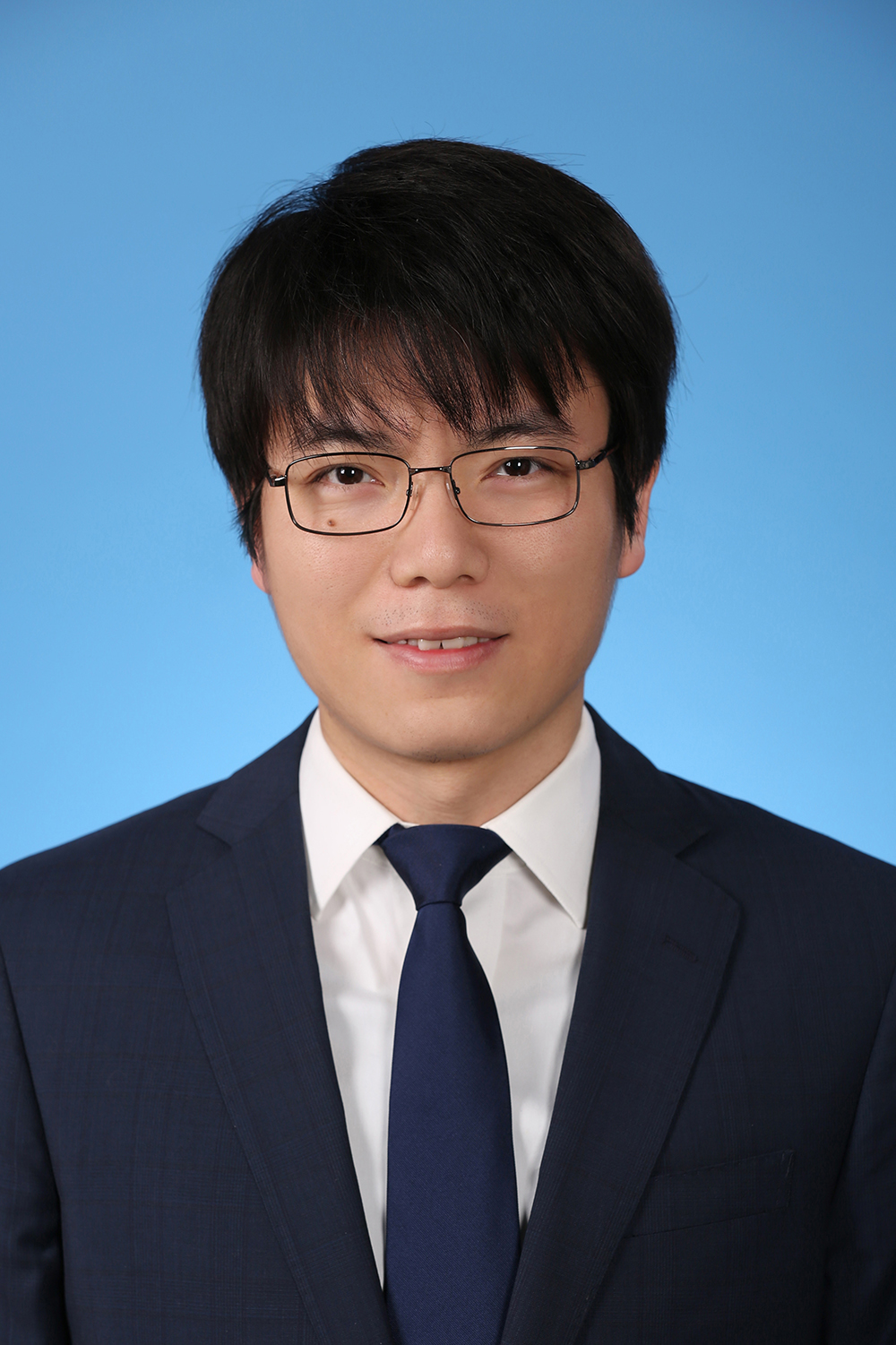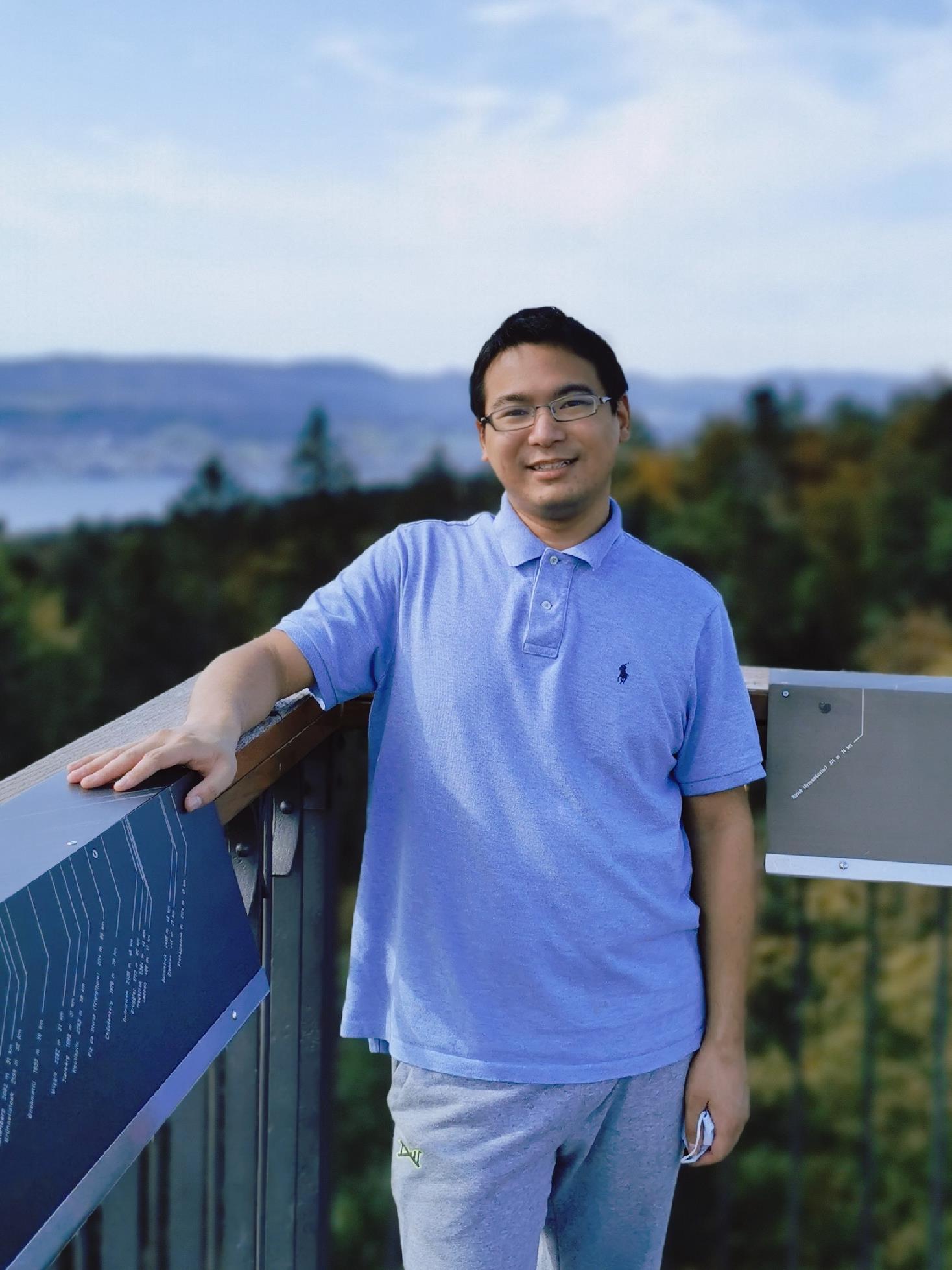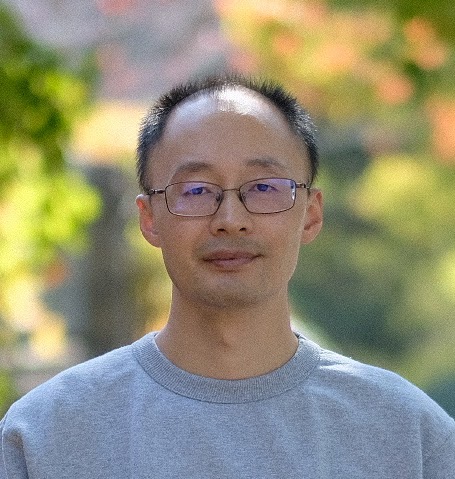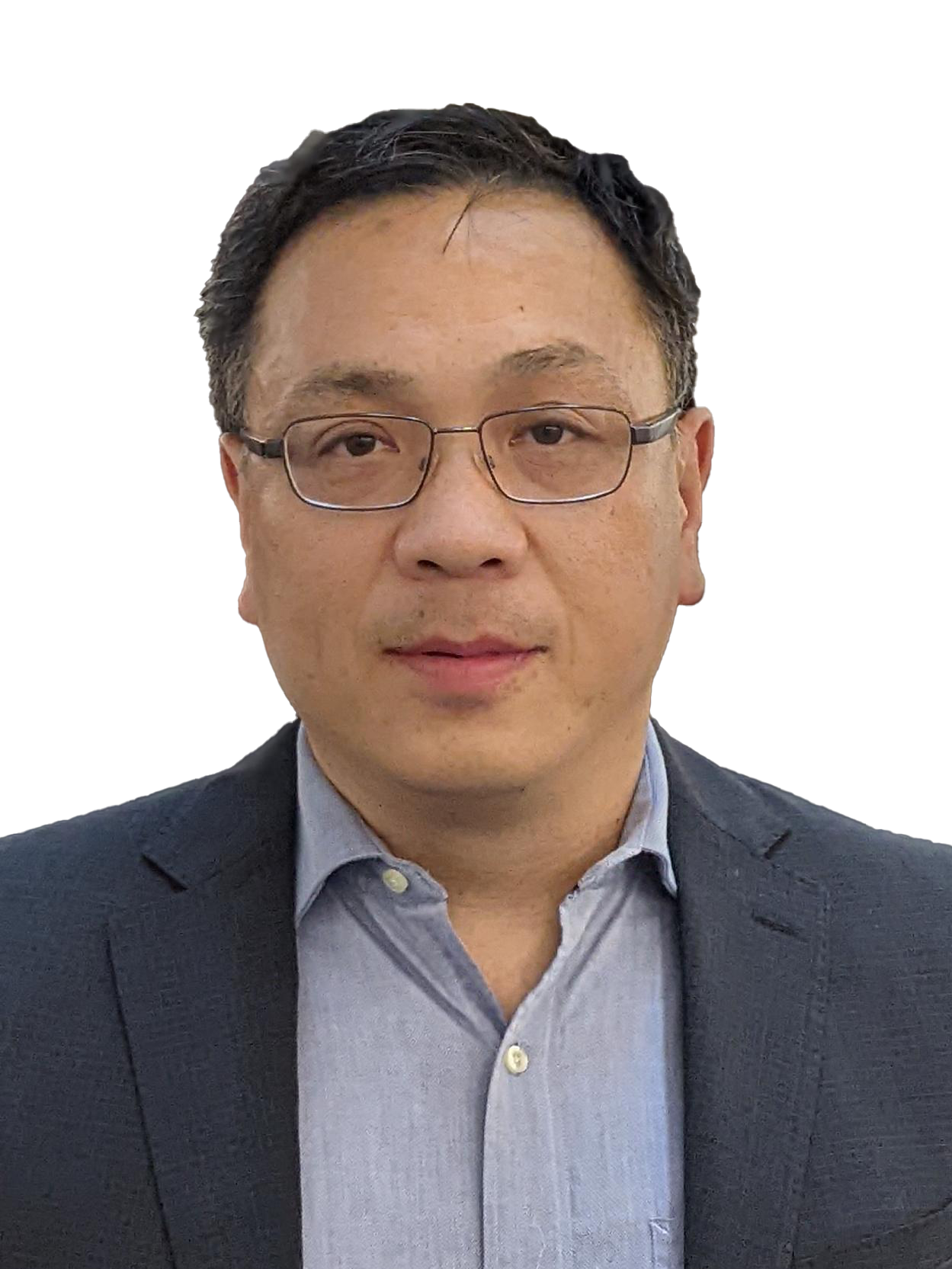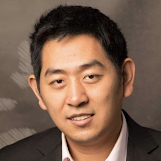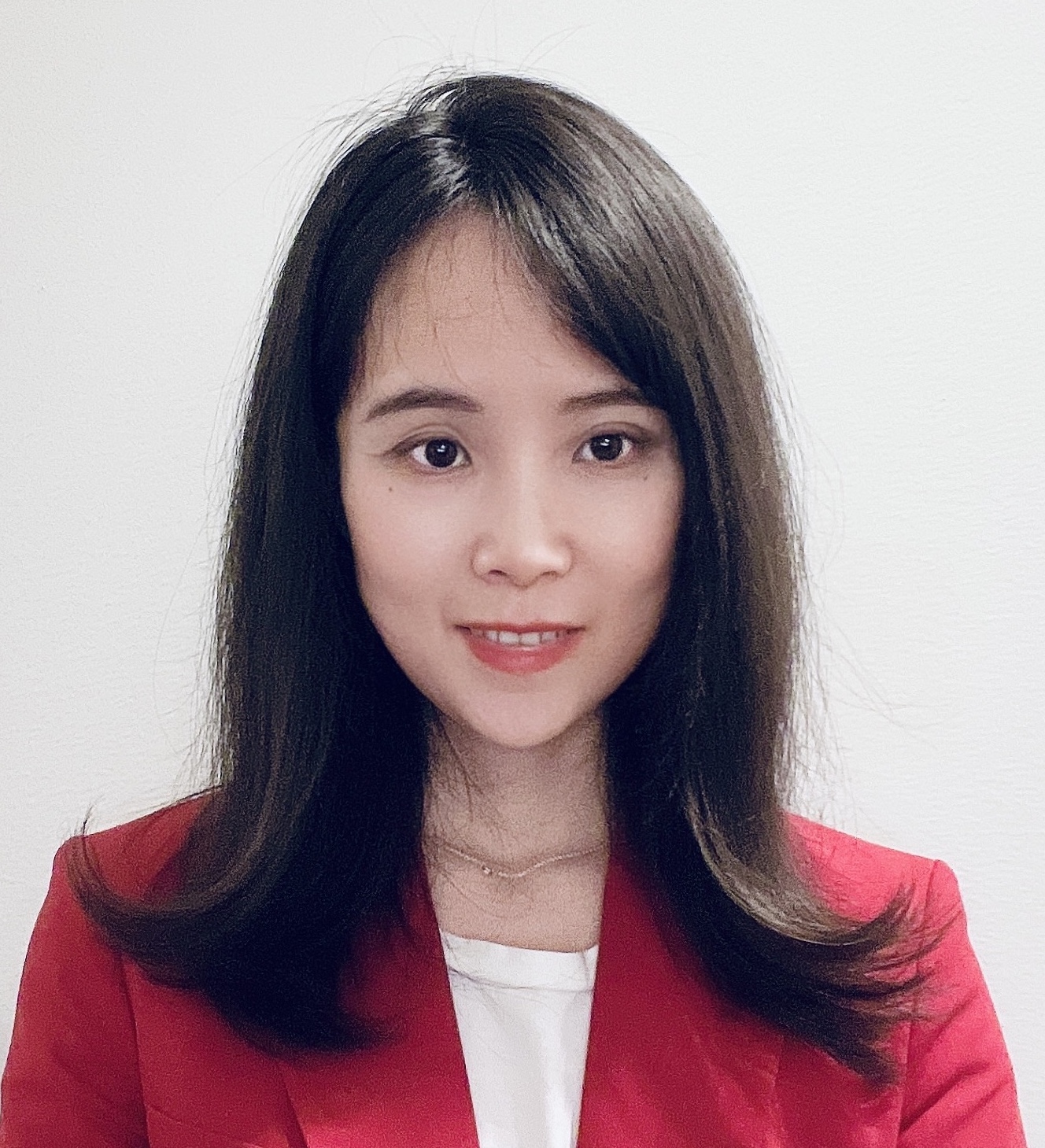Speakers
Title: Time Dynamics: Physics, Simulation, and Machine Learning.
In this talk, I will talk about physics approaches to quantitative time dynamics, agent-based modeling techniques for time dynamics over large time scales, and data driven machine learning based methods for systems where suitable physical models don’t exist. Hopefully with a conclusion about how one might combine these methods for the modern treatment of time dynamics in complex systems.
Title: Frontiers of Machine Learning for Time Series Modeling and Analysis
Recent development in deep learning has spurred research advances in time series modeling and analysis. Practical applications of time series raise a series of new challenges, such multi-resolution, multimodal, missing value, distributeness, and interpretability. In this talk, I will discuss machine-learning solutions to address these challenges and future directions for time series research.
Title: Towards Foundation Models for Time Series Analysis
Large-scale time series data are perceived and collected from IoT devices, which is the main body of industrial big data. Time series are discrete observations sampled from continuous physical systems with complex patterns and variations. In this talk, I will introduce deep learning models for time series analysis, including Autoformer, TimesNet, and Koopa, which are consequences of seamless integration of Fourier analysis, self-correlation, cross-correlation, non-stationarity, linear dynamical system and other design principles into deep learning. I will also highlight the cover article published in Nature Machine Intelligence, presenting the Corrformer model for interpretable weather forecasting of global automatic stations, which was deployed as a real-time weather service in the Beijing 2022 Winter Olympics. With this talk, I want to comment on the path towards general foundation models for time series analysis.
Title: Green AI
In this talk, we will talk about Green AI, focusing on its two main aspects: using AI to tackle environmental issues and making AI systems more environmentally friendly. using incremental approaches. As AI becomes increasingly important for problem-solving and research, it is essential to integrate it into sustainability efforts. We will examine how AI is not only giving researchers a competitive advantage but also playing a key role in creating a more sustainable future.
Titile: AI for Time Series Analysis in Power and Energy Systems
An extensive range of time series data, such as electricity consumption, renewable energy output, nodal voltage magnitude, and phase data, are generated by power and energy systems. Gaining a comprehensive understanding of this time series data is crucial for secure, cost-effective system operation and the integration of renewable energy sources. This presentation will demonstrate the application of AI-based time series analysis in power and energy systems, encompassing non-intrusive monitoring, load profiling, energy forecasting, synthetic data generation, etc.
Accepted Oral Papers
* AutoTCL: Automated Time Series Contrastive Learning with Adaptive Augmentations[Best Paper Award] Xu Zheng , Tianchun Wang , Wei Cheng, Aitian Ma , Haifeng Chen , Mo Sha , Dongsheng Luo
* Uncertainty-Aware Quickest Change Detection[Best Paper Honors Mention] Yancheng Huang , Kai Yang1 , Chengbo Qiu , Jiangfan Zhang , Xiaodong Wang
* Sequential Predictive Conformal Inference for Time Series[Best Paper Runner Up] Chen Xu , Yao Xie
Accepted Posters
* Periodicity Enhanced Long Short-term Memory Network for Wind Power
Forecasting
Zhechun Liang , Kexuan Shi , Wu Li
, Weiwei Wang
* Causal Structural Learning from Time Series:
A Convex Optimization Approach
Song Wei , Yao Xie
* Refining the Optimization Target for Automatic Univariate Time Series Anomaly
Detection in Monitoring Services
Manqing Dong , Zhanxiang Zhao , Yitong Geng , Wentao Li , Wei Wang , Huai Jiang
* Clustering-based Numerosity Reduction for Cloud Workload Forecasting
Andrea Rossi , Andrea Visentin , Steven Prestwich
, Kenneth N. Brown
* Self-Supervised Learning for Time Series:
Contrastive or Generative?
Ziyu Liu , Azadeh Alavi , Minyi Li , Xiang Zhang
* Graph Neural Network-based Tourism Demand Forecasting in Multivariate Time
Series
Qun Yang , Weijun Li
, Wencai Du
* AVGNets: Angular Visibility Graph Networks with Probability Attention
for Time Series Forecasting
Shengzhong Mao , Xiao-Jun Zeng
* TACOformer:Token-channel compounded Cross Attention for Multimodal
Emotion Recognition
Xinda Li
* Robustness and Generalization Performance of Deep Learning Models on
Cyber-Physical Systems: A Comparative Study
Alexander Windmann , Henrik Steude , Oliver Niggemann
* MDDNet: EEG-based Transformer with Domain Adversarial Learning for Major
Depression Disorder Diagnosis
Shaozhe Liu , Leike An , Ziyu Jia
* Genetic Algorithm Based Architecture Search in Stacked LSTM Network for
Time Series Forecasting
Linzhe Cai , Xinghuo Yu , Chen Liu , Chaojie Li , Andrew Eberhard
* Temporal information embedding neural network for structural seismic response
prediction
Chengbo Wang Poster Link
* What Constitutes Good Contrastive Learning
in Time-Series Forecasting?
Chiyu Zhang , Qi Yan , Lili Meng , Tristan Sylvain
* Embarrassingly Simple MixUp for Time-series
Karan Aggarwal
, Jaideep Srivastava
* MADS: Modulated Auto-Decoding SIREN for time series imputation
Tom Bamford , Elizabeth Fons , Yousef El-laham , Svitlana Vyetrenko
* Perturbing a Neural Network to Infer Effective Connectivity: Evidence from
Synthetic EEG Data
Peizhen Yang , Xinke Shen , Zongsheng Li , Zixiang Luo , Kexin Lou,
Quanying Liu
General Chairs
The following are arranged in alphabetical order
Program Chairs
The following are arranged in alphabetical order
Program Committee
- Dr. Yuxuan Liang, National University of Singapore
- Mr. Haomin Wen, Beijing Jiao University
- Dr. Suining He, University of Connecticut
- Mr. Ming Jin, Monash University
- Mr. Yushan Jiang, University of Connecticut
- Dr. Yuncong Chen, NEC Laboratories America, Inc.
- Dr. Fei Miao, University of Connecticut
- Mr. Zijie Pan, University of Connecticut
- Mr. Li Zhang, Georg Mason University
- Mr. Defu Cao, University of Southern California
- Mr. Wei Zhu, University of Rochester
- Dr. Xiang Zhang, UNC Charlotte
- Dr. Manas Guar, University of Maryland Baltimore County
- Dr. Feiyang Cai, Stony Brook University
- Dr Chen Luo, Amazon
- Dr. Jiechao Gao, University of Virginia
- Dr. Sahil Garg, Morgan Stanley
- Dr. Pengyang Wang, University of Macau
- Dr. Dongsheng Luo, FIU
- Dr. Azadeh Alavi, RMIT University
- Dr. Fernando Gama, Morgan Stanley
- Mr. Chen Xu, Georgia Institute of Technology
- Dr. Xiao-jun Zeng, University of Manchester
- Dr. Dongkuan Xu, North Carolina State University

